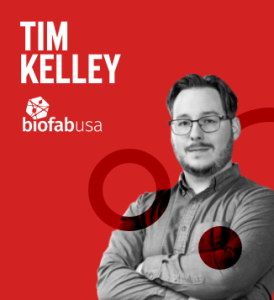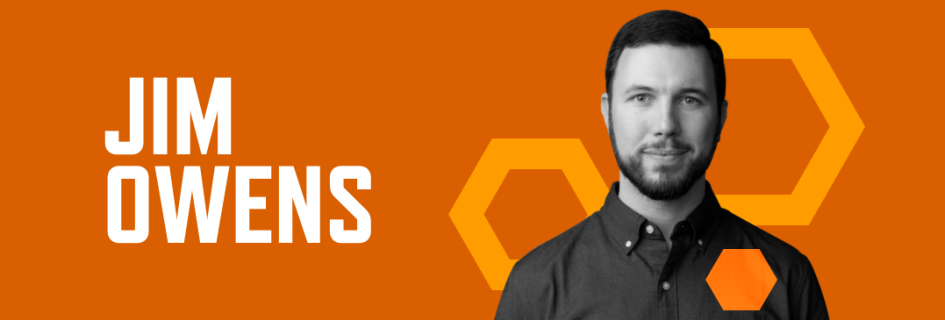
Technologist, entrepreneur, STEAM advocate
Jim Owens is all about combining the comfort and flexibility of fabric with the functionality of electronics. Imagine a jacket that can heat itself or a shirt that can monitor your heart rate - these are all examples of textile based electronic systems Jim is dedicated to making a reality.
Jim is the founder and CEO of Nautilus Defense, a global leader in advanced textile-integrated electronic systems. Nautilus is a longtime member of AFFOA, the advanced fibers and textiles institute, which champions textile-based electronic systems.
He has played a key role in building textile-based systems for monitoring systems and their local environments. For example, Nautilus Defense can put a device into a warfighter’s clothing or equipment that allows real-time tracking, helping ensure their safety. These systems can detect potential threats or even environmental changes.
Jim is a technologist and an entrepreneur with a rich background in the development of sensors. He worked on the Indonesia Navy’s Integrated Maritime Surveillance System (IMSS), which tracks fishing boats, merchant ships, and naval vessels while monitoring environmental conditions. He also worked on the National Oceanic and Atmospheric Administration's Search and Rescue Satellite-Aided Tracking (SARSAT) systems, which provide global search and rescue capabilities for people in distress.
Jim is an educator, STEAM advocate, mentor, and supporter of technology entrepreneurs who want to make an impact. His other company, SewIY, creates fun and educational projects using special threads that can conduct electricity. These projects help students, makers, teachers, and scientists learn about how technology can be woven into everyday objects. They use a special kind of thread that can be soldered and sewn, making it easy to create interactive games and other cool things.
Jim’s innovative work on things as large as global satellite tracking and as tiny as electronics in a thread reveals why he is a Modern Maker.
Q&A with Jim
How did you find your way to working in advanced manufacturing?
I started researching and building Battlebots and other robots when I was 12 years old. This led to competing at the International Science and Engineering Fair and supporting an NSF research grant by age 16. I had to leave high school due to clinical depression, but I was fortunate to be able to reenter the technical workforce at age 20. Since then I've developed, produced, installed, and maintained mission-critical sensor systems that are deployed all over the world.
I've always had an interest in building things that are impactful and designed for the long term. Building things to last requires that you understand how to build things well, and having a system often multiplies the potential impact. These factors have pulled me toward advanced materials and digital manufacturing research. Today I am a role player, leading teams doing the hard work of translating research into tangible capabilities and solutions.
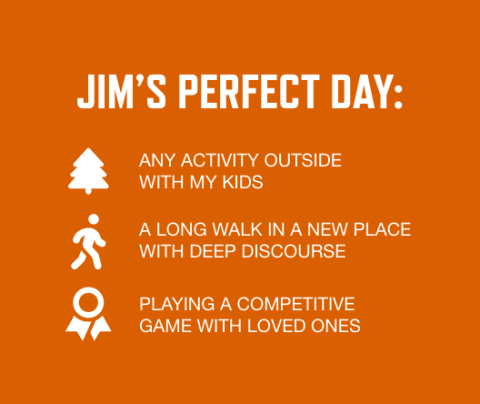
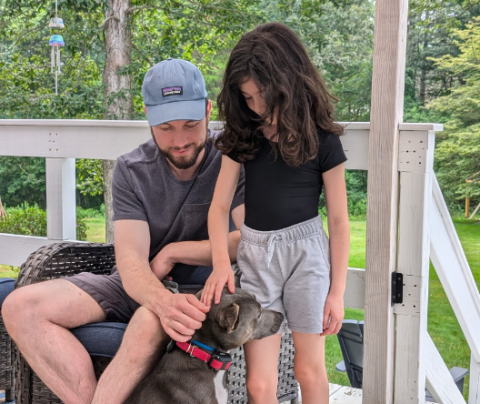
What is the most challenging part of your job?
Nautilus has always leaned forward in pursuit of ambitious technical and programmatic goals. This creates a natural tension among our resources and necessitates a practice of making strategic tradeoffs. Rigorous prioritization of how we allocate our time and attention is challenging, but it is a critical part of my job as CEO.
What is the best part of your job?
I have the opportunity to work with my team and our partners to invent and build new systems and solutions. Translating science fiction into reality is incredibly rewarding.
What would people be surprised to learn about manufacturing or your role in it?
We are creating fundamentally new systems all of the time. The biggest challenges have always been about solving the full breadth of problems associated with manufacturing those systems at scale. We have been hard at work for almost a decade, and our efforts are now converging on a digital-first, high-rate manufacturing capability. This has been enabled by pragmatically and persistently solving thousands of small problems.
What advice do you have for someone new to the industry?
Step up and take responsibility for activities and objectives where you see opportunities for improvement. If you are right and put in the work, it can dramatically accelerate your personal progress and the trust that others have in you. If you're wrong, start again with this new information. Aim to grow in service of both yourself and your organization.
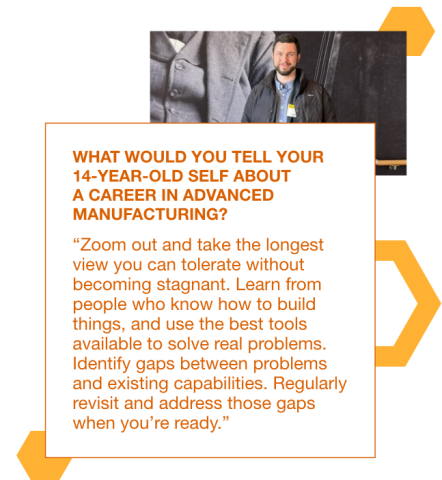
The principles, skills, and tools used to make things are highly transferable across disciplines. Study the physical world, leverage digital tools, and try to make things that matter.
What activity gives you the most energy?
Being silly with my kids.
How does the work you do impact the world?
Nautilus' technologies actively support making the world a safer and more secure place. The utility of our technologies is quite broad. Our materials and manufacturing methods enable electronics to function with any traditional textile. The greatest potential for impact for our technologies may be the construction of ambulatory medical sensing and therapy devices. We have several examples of our ability to build these systems today and are working with partners to bring them to market.




